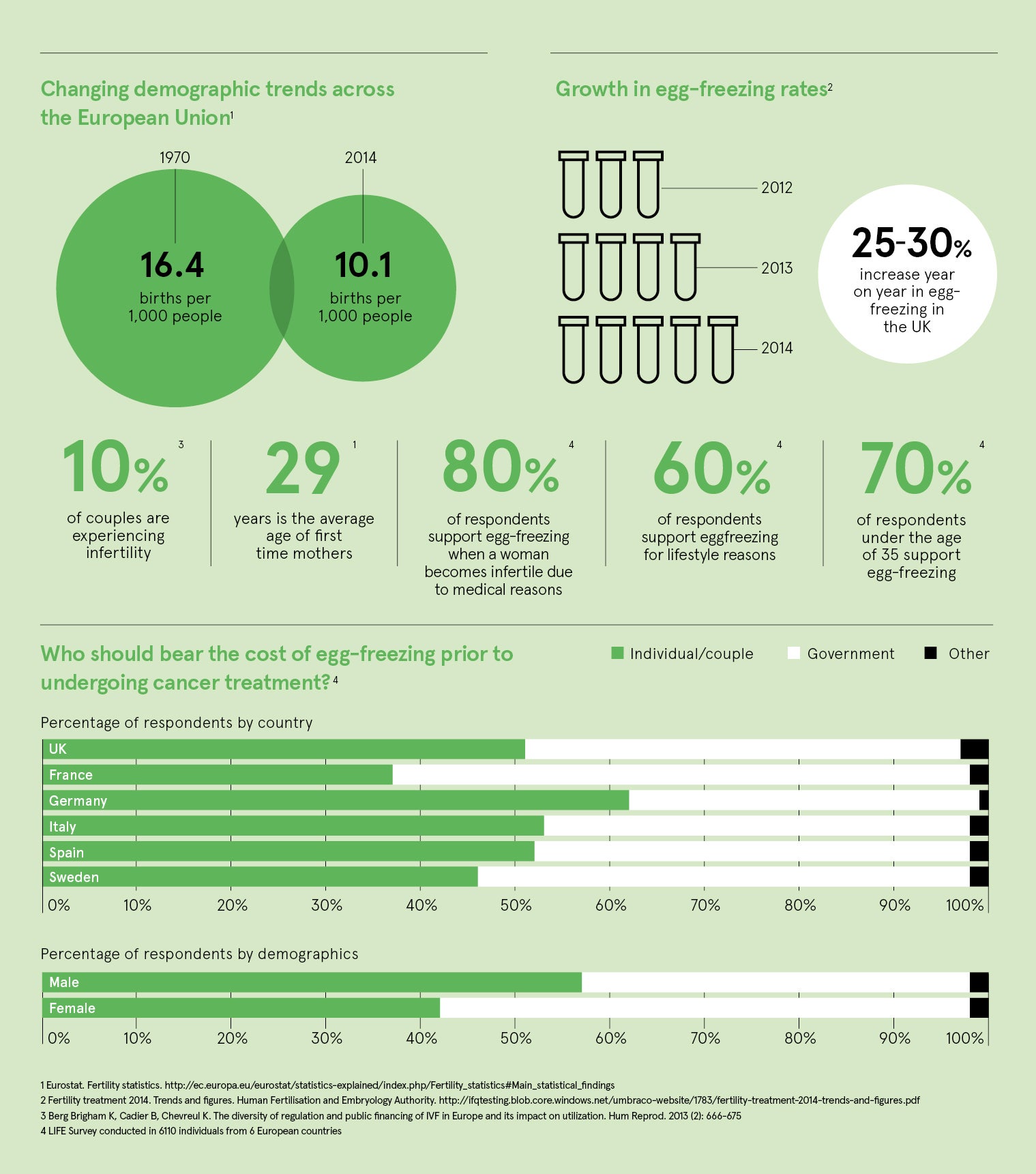 UK-based Theramex is poised to work alongside women of all ages and their healthcare providers (HCPs) to offer products and solutions to meet contraceptive, fertility, menopausal and bone health needs.
UK-based Theramex is poised to work alongside women of all ages and their healthcare providers (HCPs) to offer products and solutions to meet contraceptive, fertility, menopausal and bone health needs.
Headquartered in London and operating across 50 countries, the revamped specialty pharmaceutical company dates back to the 1970s and has a reputable history among women and healthcare professionals with a portfolio of well-established brands. Its employees have decades of experience in the healthcare arena, with an in-depth knowledge of the clinical issues women face. Further, the company fuels its commitment to providing solutions for these challenges by working with specialists who are prevailing thought leaders in the field.
Anish Mehta, chief executive of Theramex, wants people to know that supporting women’s health is the backbone of the “new” company.
Our team is committed to partnering with women, with healthcare providers and with development companies to present affordable and accessible treatment options
“I have an ageing mother, a wife and a young daughter, all with individual health concerns. Making sure those needs are addressed effectively, for them and for all women, is important to me, personally and professionally,” he says. “At Theramex, we recognise there are unmet needs in women’s healthcare and a discernable gap in innovation. Our team is committed to partnering with women, with healthcare providers and with development companies to present affordable and accessible treatment options.”

As part of the commitment that Mr Mehta talks about, Theramex launched the CHLOE and LIFE initiatives to broaden the channels of communication between women and their healthcare providers. CHLOE (Contraception: Helping for Women’s Choice) is a questionnaire designed to capture a woman’s healthcare conditions, individual needs and preferences to facilitate choosing the best contraceptive option for them. The summary of responses is passed on to the healthcare provider, enabling the choice of contraception that best suits the patient’s needs while optimising the HCP’s time.
Mr Mehta is eager to point out that the company is as dedicated to providing accessible contraception to women wishing to prevent or delay pregnancy as it is to supporting women struggling to conceive.
He stresses: “We’re here to support women at every age, every stage. Whether they are seeking contraception, fertility treatments, managing osteoporosis or the symptoms of menopause, we are working on solutions that empower women to live happier and healthier lives.”
To this end, a recombinant follicle-stimulating hormone, the most commonly used biologic drug during in vitro fertilization (IVF), was launched across Europe in 2016.
As world fertility rates drop, Theramex is committed to improving awareness of the impact infertility has on women and to providing access to solutions to manage the condition.
The LIFE (Listening in: IVF and Fertility in Europe) survey was launched by Theramex to assess the European perception of IVF and fertility preservation using oocyte freezing. The technique is currently aimed at women who delay family planning due to lifestyle choices as well as to women with cancer or other medical conditions, which may affect their fertility. A total of 6,110 people across six European Union countries took part in the survey, which indicated general acceptance of IVF and cryopreservation among Europeans. The findings could drive discussions among legislators and payers for the funding of
these procedures.
Results from the LIFE survey are currently being analysed for further insights by a group of experts in the field of fertility treatment, in addition to sociology experts, and will be published in a peer-reviewed journal before the end of 2018.
Bart Fauser, emeritus professor of reproductive medicine at the University of Utrecht in the Netherlands, says: “These findings provide fascinating and compelling evidence of the shifting public attitudes around fertility procedures used for both medical and lifestyle reasons. I see many women, who face issues with fertility, not only because of existing medical conditions, but increasingly when personal circumstance precludes them from having a baby at the present time. Individuals and couples should feel confident about exploring egg-freezing and IVF treatment as possible solutions to their current fertility challenges.”
Theramex hopes that the survey’s findings will encourage more women and healthcare professionals to consider the importance of having a conversation about fertility preservation. This dialogue may be especially beneficial to women whose fertility may be compromised as a result of cancer treatment or a family history of early menopause.
Dr Stuart Lavery, senior consultant at Hammersmith and Queen Charlotte’s Hospitals, says: “No matter what their situation is, if cancer might affect their fertility, it is important to ensure they know there are steps they may be able to take to have children after treatment. Cancer could have a big impact on a patient’s life, but if they are provided with the right information and given the right support, that impact can be managed.”
As women live longer and take greater control of their health, the need for accessible and affordable products to manage their needs grows. Theramex is listening to what women want and will continue to deliver practical, dependable and affordable solutions for all women.
For more information please visit theramex.com







